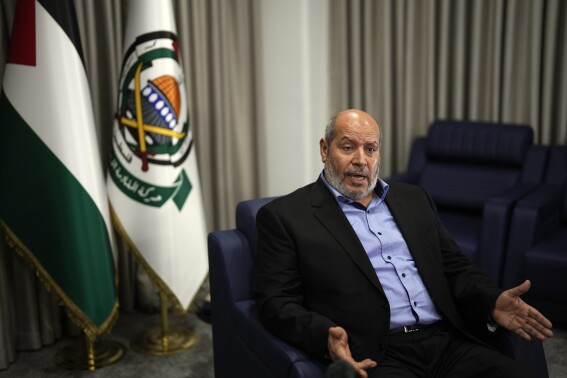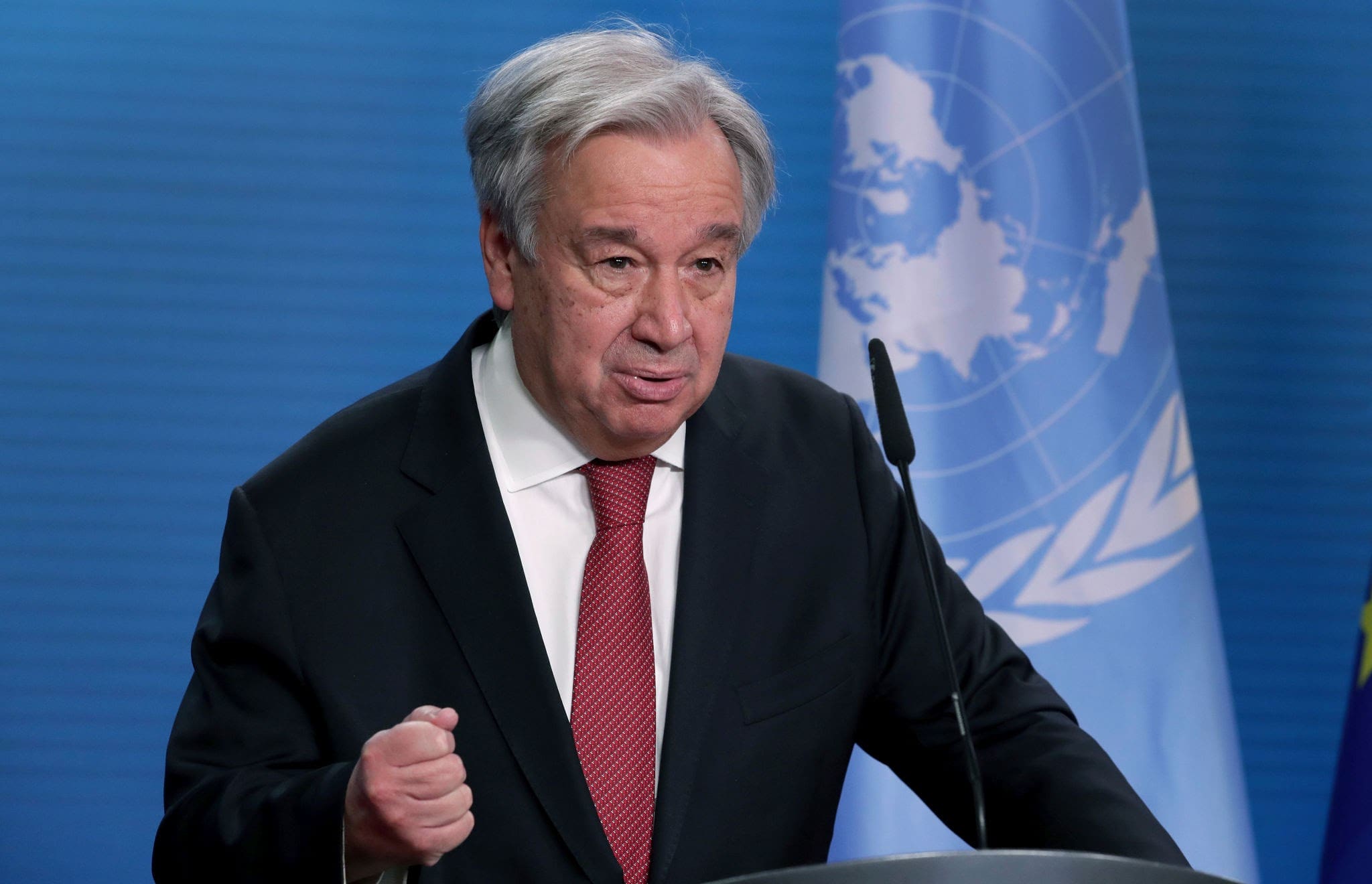The statement “Palestine will liberate us all” is fundamentally flawed and warrants a closer examination of its implications and the ideologies that drive such sentiments. Particularly, this phrase is often echoed by Hamas, an organization that professes to fight for the liberation of Palestine. However, their actions and stated goals suggest a different agenda—one that is not only harmful to Israelis but also to Palestinians themselves.
Hamas’s objective extends beyond mere national liberation; it encompasses the establishment of an Islamic empire that necessitates the destruction of Israel. This radical ideology has been the impetus for numerous conflicts that have resulted in devastating losses for both communities involved. The pursuit of this goal undermines the possibility of coexistence and peace in the region, making it imperative to reassess what true liberation should entail.
True liberation—be it in Palestine, Israel, or any region—must be predicated on the principles of peace, respect, and mutual recognition. It requires the rejection of terror and violence as tools of negotiation. Instead, it calls for diplomatic efforts and dialogue that consider the rights and aspirations of all affected parties. The path to peace should be paved with actions that foster reconciliation and understanding, not deepen the divide.
Hamas’s vision, regrettably, aligns with neither peace nor the genuine liberation of the Palestinian people. Instead, it is a roadmap to perpetual strife and suffering. The mantra that “Palestine will liberate us all” under such a vision only prolongs conflict, and we must be vigilant to challenge and question these ideologies. As global observers and advocates for peace, our role should be to support efforts that build bridges, not those that erect barriers.






